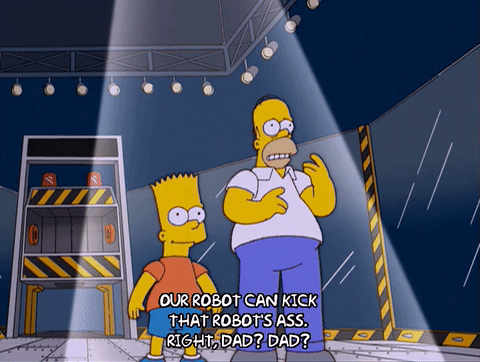https://www.theverge.com/2019/6/19/18682780/jibo-death-server-update-social-robot-mourning
Every aspect of Jibo was designed to make the robot as lovable to humans as possible, which is why it startled owners when Jibo presented them with an unexpected notice earlier this year: someday soon, Jibo would be shutting down. The company behind Jibo had been acquired, and Jibo’s servers would be going dark, taking much of the device’s functionality with it.
Now, Jibo owners are scrambling to save their friend, explain its death to their children, and come to grips with the mortality of a robot designed to bond with them, not to die.
This post has a recording of how the robot announced its own death.
—
I have feelings about this, as strongly as when Pluto was stripped of its status as a planet.
Early adopters are usually beneficiaries, but in case of owning robot pets (even just robots), the first adopters stay ahead of the curve by engaging in an emotional investment.
I mean, I thought it was cute and dumb how a Roomba would butt heads with furniture and I am certainly not alone in developing crazy anthropomorphic robot love.
The death of a robot pet could be the new generations first experience of loss of a loved one and become ubiquitous in popular culture, mainstream media and relationship paradigms.
Her was path breaking and futuristic when it first came out, that future was here yesterday.
Each interaction that we now conduct with individuals or as businesses must now factor in this extension of relationships to stay relevant. This adds an additional layer of responsibility and understanding that we must now equip ourselves with, especially being mindful of engaging with first adopters of varying generations and how deeply they value (not value) and perceive robots, and what this means for our present and future.
